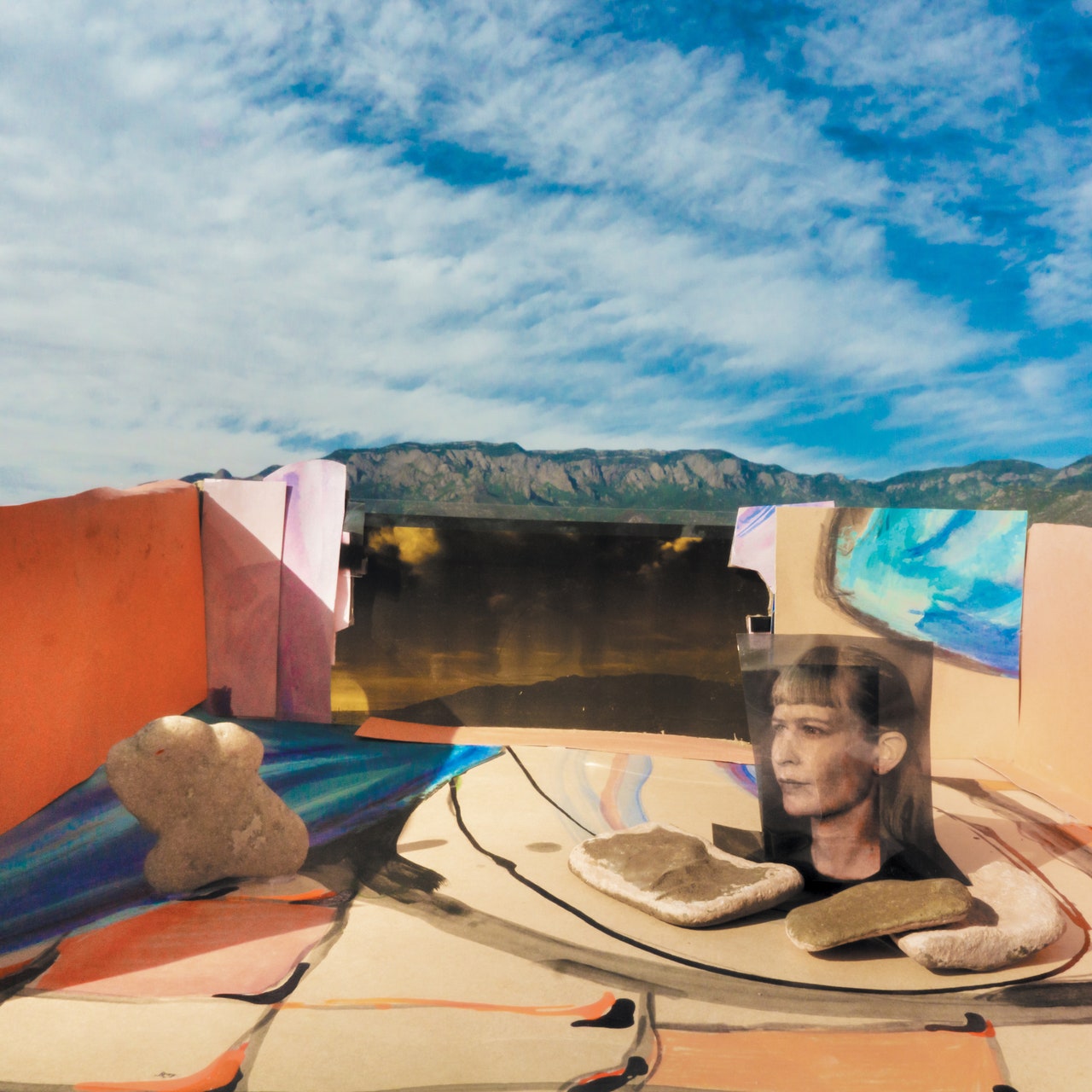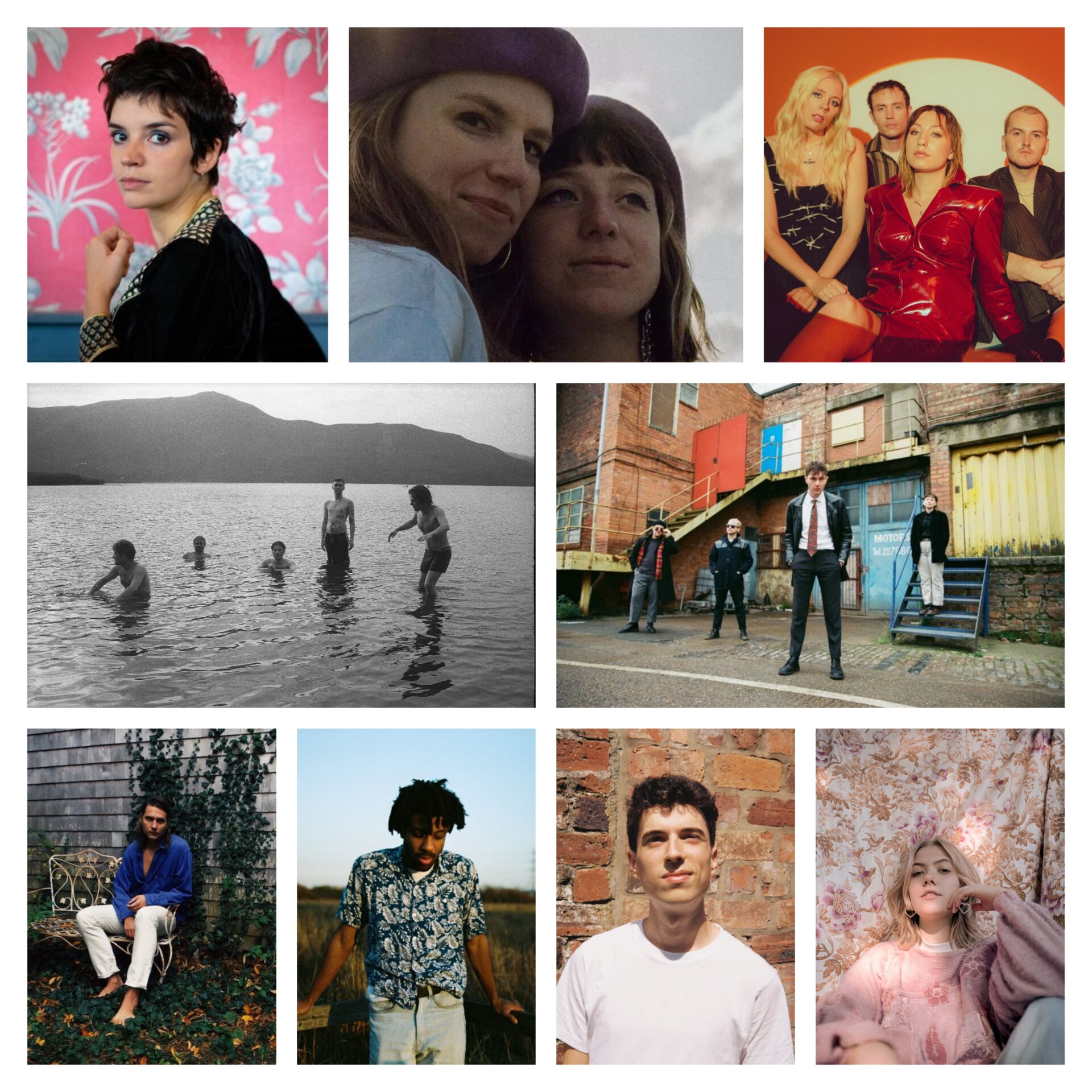Norwegian avant-garde artist Jenny Hval makes music in the same way she conjures her literary and other creations, not simply for consumption but for total immersion in and the stimulation of ideas. It’s not muzak for bystanders. On her first release for 4AD, Hval takes a different path. A pop-shaped endeavour, Classic Objects looks back through a life lived and the hinterlands of Hval’s memories and dreams.
Each of the eight songs on Classic Objects presents us with an incomplete story and a sliver of the answer to the question that Hval posed herself when writing the album: “In 2020, like everyone else, I was just a private person. No artists were allowed to perform, so we were no longer artists. We were artists without the art. Without the art, I was reduced to the problematic entity ‘just me’. I wondered what ‘just me’ could mean.” Hval’s flute-like voice, discursive phrasing and see-saw melodies plunge us directly into the act of working through these ideas, thought by thought, as we sit, walk, glide, drive and fly alongside Hval in these liminal landscapes. Nothing feels real, yet these are, or at least some are, based on plain and simple snippets of her life.
In ‘Year of Love’ Hval peels away the layers of her feminist values through an examination of her own marriage and of those core concepts her work is infused with. As she feels the impression left under her wedding ring, she recalls the time a man proposed to a woman at the front row of one of her shows, as she shined a disco light onto the crowd: “It is meant to make the audience feel like multitudes of colours/that belong to nobody in particular, that they share between their bodies, but now all it does is light up a proposal, a normcore institution/I am giving it my voice, but then again, I already did.” Time happens all at once on ‘American Coffee’ which takes us even further back, the rising organ chords and choir hailing the moments her mother gave birth to her at 21, scared at what might come. Hval muses about where her life might have taken her if she’d never got to do a fine arts degree, or embraced the ordinary things like cooking, driving, caring. Rattling forward through alternative futures, we pause at a specific and surreal moment she remembers watching Jeanne D’Arc in a cinema, peeing blood in the lobby bathroom afterwards, triggering a meeting with another version of herself.
The title track is a hushed, echoey amble through key points in her artist’s trajectory, projecting meaning onto ordinary objects; dead things connected to the living by her imagination and beliefs. The song winds its way into ‘Cemetery of Splendour’, which starts with another gentle reminisce, this time of playing to empty bars in Melbourne shortly before Hval was diagnosed with celiac disease and had to abandon music and move back to Norway. The song rises up into a more confident-sounding chorus as we witness the departure, while a spoken-word outro aptly lists the rubbish strewn on the pavement, as the boarded up windows watch her walk away. ‘Year of Sky’ embodies the need for a place to reflect and recover. It remembers the year that no planes flew around the world and time felt like a perpetual 9am: “High above the street/clouds are gathering/cause they can”.
Album highlight, ‘Jupiter’ is a mind-boggling eight-minute rolling cascade that begins and ends at Prada Marfa, the vandalised art installation on Route 60, Texas. The abandoned project in the middle of the desert highway becomes both a portal into and an expression of Hval’s own doubts about the validity of art’s efficacy in a harsh world: “Sometimes art is more real, more evil. Just lonelier./Just so lonely.” As the song spins out, luminous synth pad drones flash searing beams, rather like Bowman’s journey into the infinite in Kubrick’s 2001.
Rather more close to home, musically straightforward and centred around big, political concepts ‘Freedom’ and ‘The Revolution Will Not Be Owned’ close the album on a more sobering tone. Hval can command language with both a poetic and choleric voice, and in these final few minutes her lyrics hone in on a steady manifesto to living a life that is honest and flows from our innermost desires: “I want you to go beyond my name./Realism isn’t a measuring cup” and “Dreaming is the plan without the plan”
Classic Objects is a real contradiction. It’s intense but easy. Its rich lyrical imagery and cognitive dissonance is suspended among brightly lit passages of familiar, poppy choruses, uplifting devotional verse and yet it is grounded by Hval’s pragmatism. Confused? I think that may be the point.
Classic Objects is out 11th March on 4AD.




